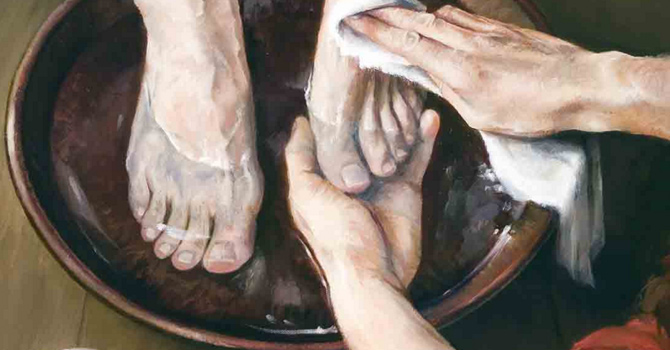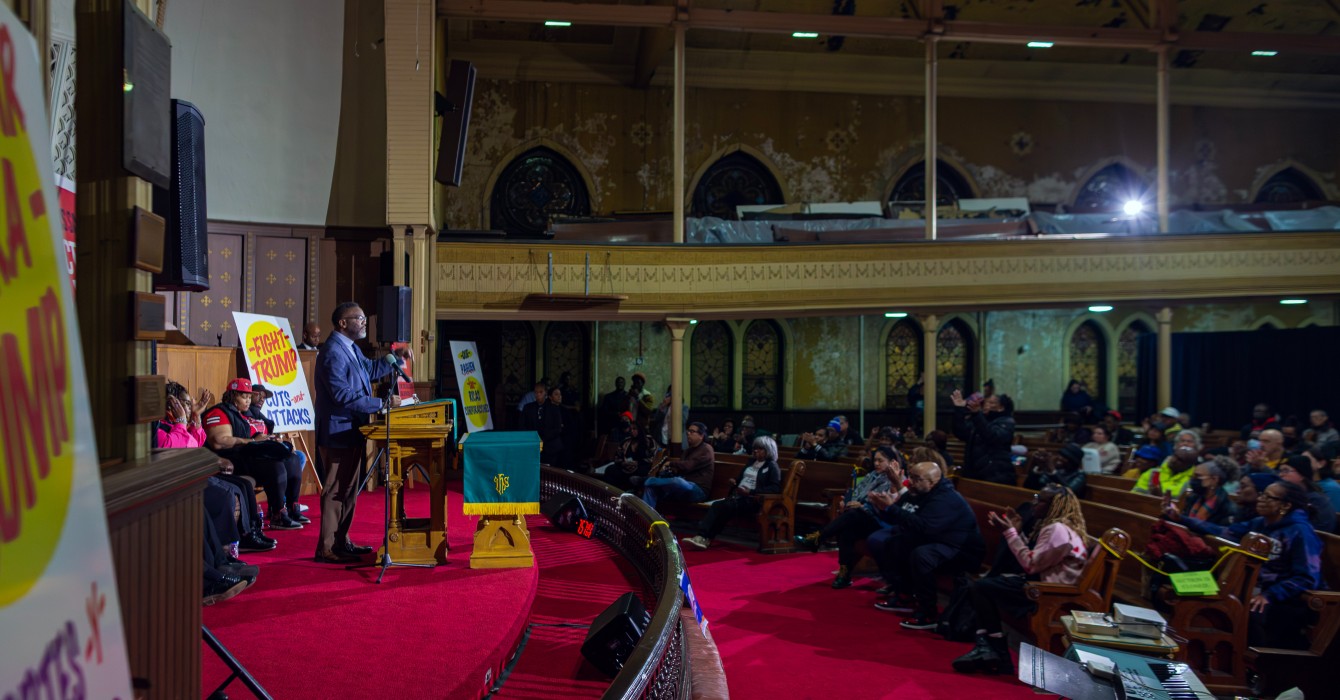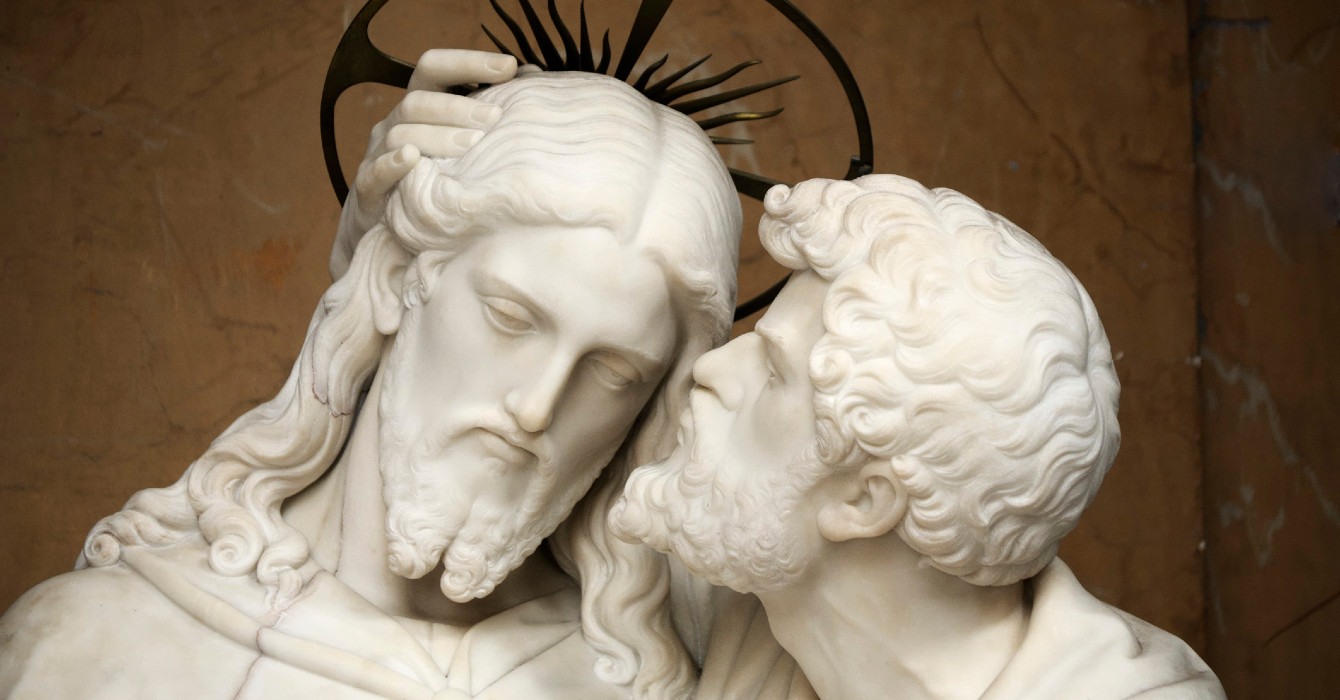Foot washing sometimes feels like a clichéd metaphor for humble leadership. And yet young people love it; it’s the kind of practice they often suggest when planning worship. These twin realities make me cringe at its mention.
Young people love foot washing for a few reasons. Jesus did it, so it’s got to be good. It gets you out of your seat to do something in the middle of an otherwise sedentary worship service. It’s symbolic of the kind of authentic servanthood we long to offer and receive in the church.
For young people, foot washing covers a lot of their basic hopes for life and worship in the church. For the youth worker, it’s a logistical nightmare paired with a potentially disgusting outcome. (Pro tip: fresh water. Lots of fresh water.)
My aversion to foot washing in youth ministry has always given me a kind of side-eyed respect for Jesus. OK, Jesus, I’ll follow you into lots of things, but you’re on your own there.
Recently, while a colleague and I read John 13:1-17, in which Jesus washes the disciples’ feet, it struck me that there was more going on for Jesus than a symbolic act of servanthood. This time, I wondered what Jesus was feeling.
Why feet? Why washing? Why at this moment, just before he was arrested and crucified?
In John 13:3, John tells us that Jesus got up to wash the disciples’ feet “knowing that the Father had given all things into his hands, and that he had come from God and was going to God” (NRSV). Jesus knew that the time was coming for him to die, and his response was to wash his dear friends’ feet. Foot washing was a task that most people did for themselves, or a slave did it -- but not the teacher, not the host, not the honored guest who would soon die.
When he was finished, Jesus told the disciples that they ought to wash one another’s feet as he had done, that he had set the example. I wonder whether this might be why foot washing has become a kind of Christian shorthand for doing the things you don’t want to do -- because Jesus said so.
Yet foot washing was so much more than a symbolic act of his incredible servanthood. Jesus wanted to share a personal, vulnerable, loving moment with each of his dear friends. I wonder whether spending a moment with each person gave him comfort as he prepared to be arrested and crucified. I wonder whether his charge is less about servanthood and more about its basic foundation: limitless love.
When Jesus washed the disciples’ feet, it was a manifestation and concretization of his love for them. He could have decked out the room with fancy decor or shooed everyone to the next room while he did the dishes. Instead, Jesus lovingly touched his friends and reminded them that his love knows no bounds.
Jesus’ foot washing challenges me to consider my work and leadership differently. Servant leadership is fine, but servanthood doesn’t necessarily imply love. Leadership that manifests and concretizes love is harder.
Leaders who concretize love challenge us to move boldly in otherwise sedentary environments. They know us in authentic, holistic ways. They bring us closer to the Jesus who washed his friends’ feet just before being arrested and crucified. They validate our concerns and reassure us of their presence and care in the midst of chaos. They are willing to be vulnerable, to lead their communities into uncomfortable places, to demand action and not just knowledge. They serve because they love.
That kind of loving leadership is like a splash of fresh water on a pair of tired, dirty feet.














